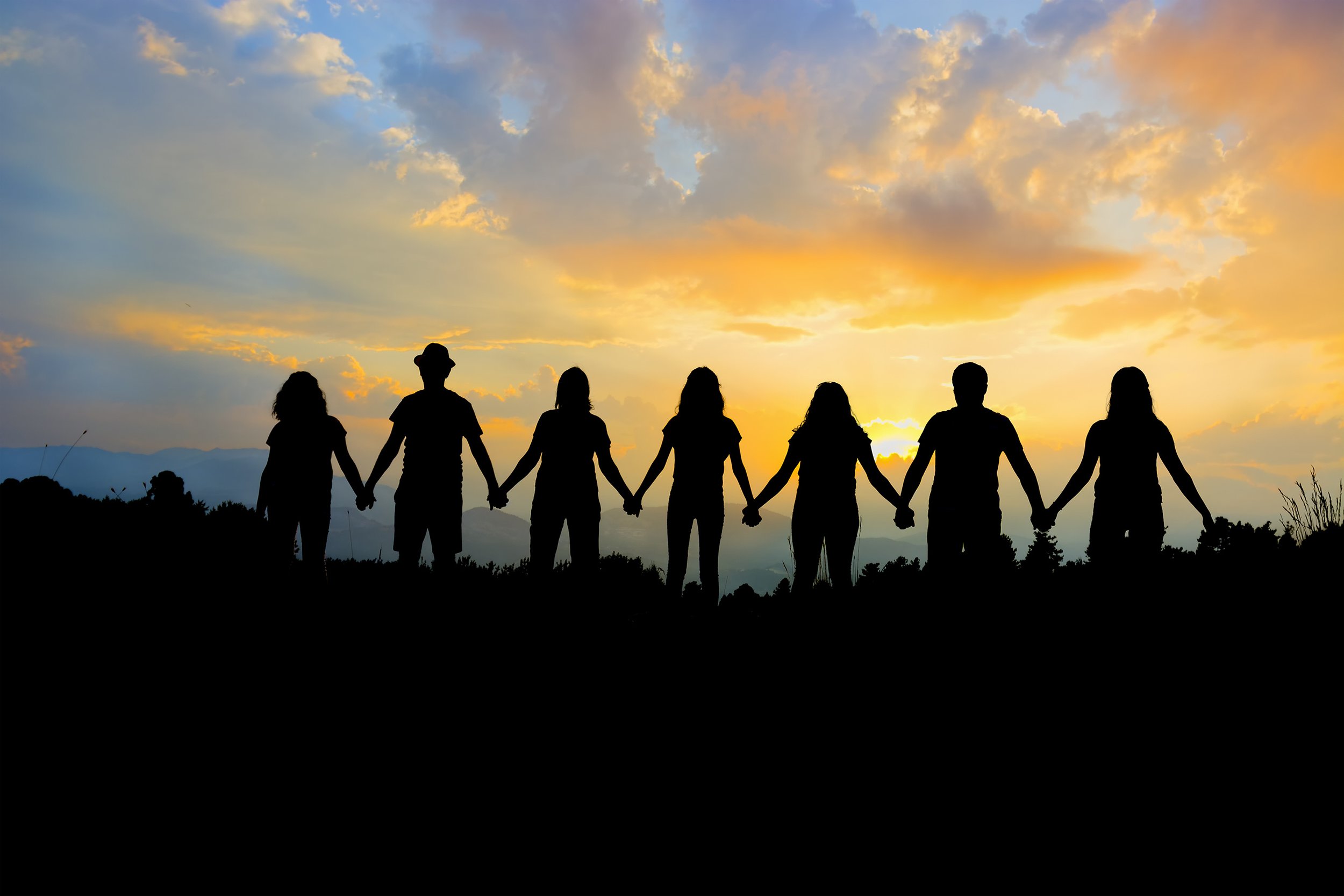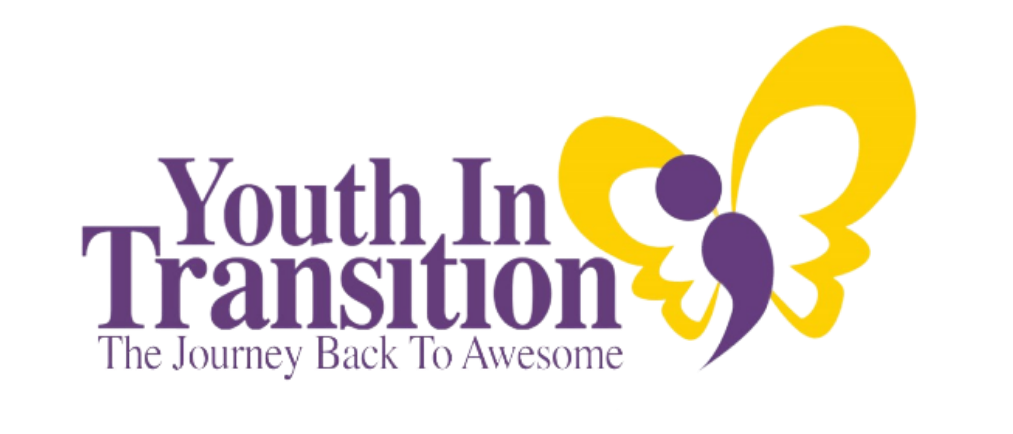
The Journey Back to Awesome
To support young people on their journey back from the end of their road, we have developed a five-component programme:
The Journey Back To Awesome.
The aim of our programme is to assist young people (aged 10-24) in finding and strengthening their own resources, towards leading full and meaningful lives.
To achieve this, we work with each young person to develop an individual, Journey Back To Awesome plan. The five key components, complement each other to provide holistic support that is aligned with our philosophy and best practice.
Since its inception in January 2014, YIT has helped over 800 young people, aged between 10-24 from the North Shore, across Rodney, the Hibiscus Coast and up to Warkworth. YIT has supported their families, caregivers, and friends with well over 8,000 people actually being impacted.
Youth have been through the programme.
Families, caregivers, friends, and members of the community have been supported.
Counselling sessions provided for free.
The Journey Back to Awesome programme WORKS
In 2019, 2021 and again in 2024, Dr. Andrea Polzer-Debruyne (PhD, CTA-P) conducted a thorough programme evaluation and concluded the following.
The programme is effective not only in its structure but it is theoretically sound. The key to its effectiveness is the team around the driving force of Tina. Never giving up on anyone in their care, demonstrating their belief in their young clients’ ability to transition from despair and hopelessness into their own way of experiencing a life worth living; everyone involved with the programme appears to give their all.
Five Key Components
-

Professional Counselling
Weekly sessions with a registered therapist.
Every young person receives counselling sessions with a registered Counsellor using Cognitive Behaviour Therapy (CBT) and Dialectal Behavior Therapy (DBT) to challenge destructive thought processes and behaviors, to develop valuable life skills, and to help our young people cope more effectively with challenging situations.
-

Lifestyle Coaching
Health, nutrition, exercise, and life balance.
Covering health and nutrition, fitness, and maintaining a good life balance.
-

Family Support
Connection with other community services.
The young person and their family are linked with other community organisations able to provide further support and assistance.
-

Individual Mentoring
Ongoing support from a trained mentor.
Every young person is offered ongoing support from a trained mentor for the duration of the programme and beyond.
-

Support Groups
Connect with other young people weekly for mutual support, life skills training, and fun.
The group meets weekly for mutual support, life skills training, fun activities and dinner. Guest speakers, experts in their field, often attend.
In their own words…
-
“I was in a horrible place emotionally. I was in terrible pain and could see no way out. My parents were terrified. Thanks to all those of you who have helped me to get through the most difficult time in my life. I’m so grateful now that I’ve got my happy self back.”
- Melissa (19)
-
“You were the butterfly that changed everything and helped me through the darkest time of my life.”
- Gregg (21)
-
“Thanks to the team AT Youth in Transition I am learning to heal and have gone from someone who was barely alive to someone who has hopes and dreams to one day have a career of my own that I can be proud of.”
- Anonymous
“One in five of our young people will experience some form of mental health problem during the crucial time that they are transitioning to becoming an adult. Even mild mental illness can have a wide impact on a young person’s life and on those around them. When the worst happens, and a teenager takes their own life, those left behind have a heavy burden to bear. I know we can do better for young people with mental illness.”
Youth Mental Health Project, 2012





